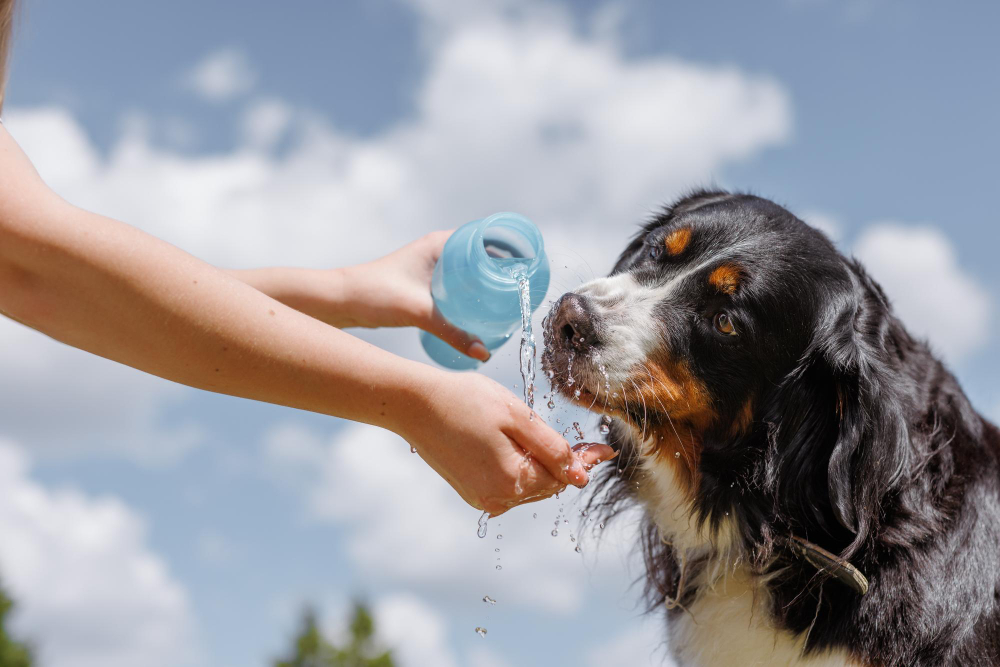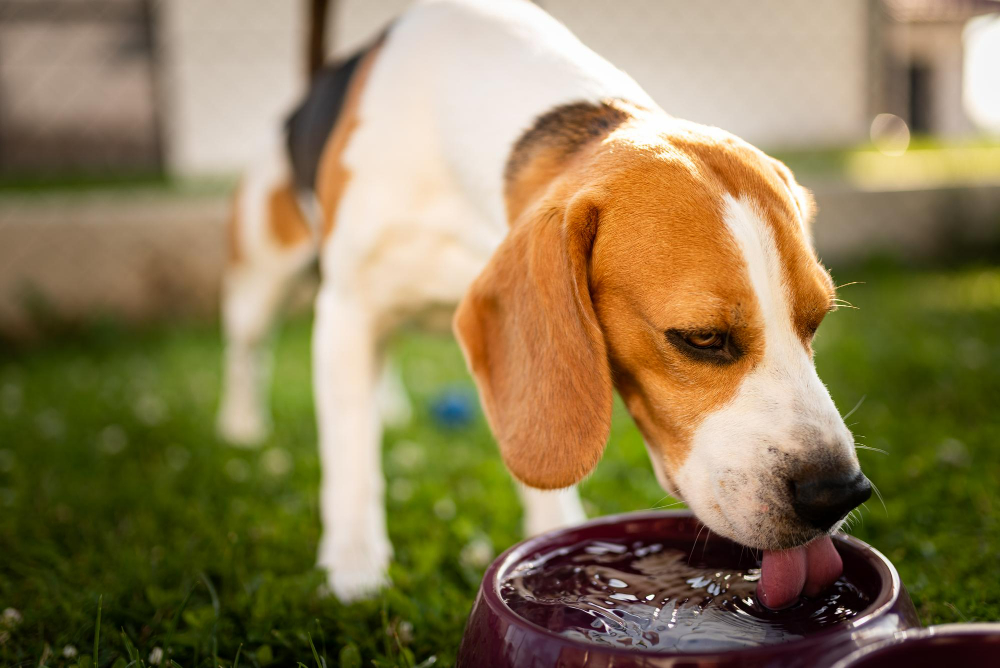When keeping our furry friends happy and healthy, we often focus on food, exercise, and supplements, but what about water? You might be surprised to learn that the temperature of your dog's drinking water can make a difference. So, should dogs drink warm or cold water? Let’s dive in.
Dogs and Their Water Preferences
Most dogs naturally prefer cool or room-temperature water. After all, it mimics the water they’d find in nature — streams, ponds, and puddles. But here's the fun part: some dogs develop quirky preferences just like us. While some lap up ice-cold water on a hot day, others might prefer it slightly warmer, especially during colder months.

Cold Water: Refreshing and Stimulating
Cold water is perfectly safe for dogs under normal conditions. On hot summer days or after exercise, it helps cool their body down and encourages hydration. Some dogs love crunching on ice cubes as a treat!
However, icy water could cause mild stomach upset in sensitive dogs or those with dental issues. If your dog tends to gulp water fast, cold water may also trigger bloating in larger breeds, so moderation is key.
Warm Water: Comfort in a Bowl
Warm water can be soothing, especially for older dogs or those with dental pain. When mixed with food, it may also help with digestion. For picky drinkers, a splash of warm water can make drinking more appealing. Plus, it enhances the scent of water, which is helpful for dogs with a poor appetite.
Veterinarians sometimes recommend lukewarm water after surgery or illness to help dogs ease back into eating and drinking.
Does Temperature Matter?
In most cases, not really. What matters most is clean, fresh, and safe water. But understanding your dog’s preferences can improve their hydration, especially if they're not big drinkers. Just like you'd offer them their favorite food or toy, providing water at a comfortable temperature can make a difference in their routine.

Expert Tips for Water Wellness:
Keep it clean: Change water daily and wash the bowl to avoid bacteria buildup.
Adjust for seasons: Cooler in summer, slightly warmer in winter, works well.
Hydration signals: Dry nose, lethargy, or dark yellow urine may signal dehydration.
Mix it up: Add warm water to dry kibble or try dog-safe broths for added flavor.
Final Sip
Whether your pup prefers an incredible gulp after a run or a warm drink on a chilly morning, what truly matters is consistent access to clean water. Hydration affects everything—from energy levels to digestion and even joint health. So, keep that bowl full and listen to your dog’s preferences. After all, when caring for our four-legged companions, every detail counts—even the temperature of their water.
